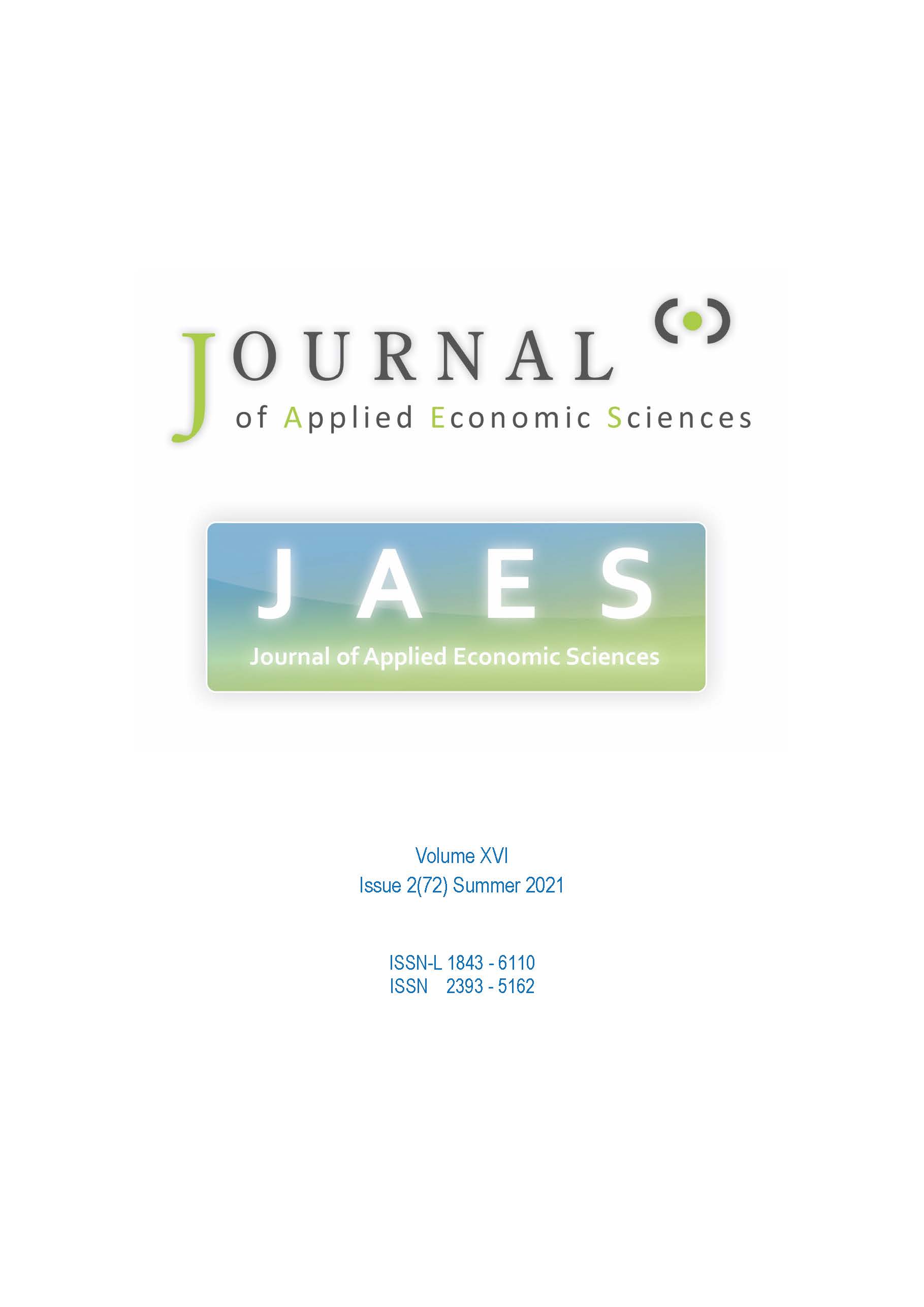Econometric Research Regarding the Expectations of the Romanian Emigrants. Part II
Econometric Research Regarding the Expectations of the Romanian Emigrants. Part II
Author(s): Teodor-Marian Cojocaru, Elena Jianu, Ovidiu Toma, Tudor Tarbujaru, Andrei Valentin CojocaruSubject(s): Economy, Human Resources in Economy, Socio-Economic Research
Published by: ASERS Publishing
Keywords: mobility; expectations; geographical mobility; migrants; workforce; education;
Summary/Abstract: The economic growth from the last period, created multiple opportunities both for the internal workers and for the foreign ones, because the workers from all EU Member States directly contribute to the functioning of the economy on high standards, by eliminating the lack of competence and the blockages specific for the workforce market from certain regions or European states. On the other hand, it is well known the fact that, the evolution of the economy and the economic crisis affected the employment by reducing the aggregate demand, and in this context, the economic policies both on a micro and on a macroeconomic level, the employment policies and the educational policies became especially important for all the directly and indirectly involved actors. Therefore, we built several models starting from the five dependent variables and the five explanatory variables, that are: the estimate income growth after transfer, changing the qualification level after transfer, changing the labor conditions after transfer, the duration of the transfer abroad, the degree of satisfaction after the transfer abroad, the age, the gender, the level of the studies, the level of the incomes before transfer, the seniority in labor. This research is structured and published in two parts, the first part including an introduction, presenting the research methodology, results and discussions concerning the analysis of the variable change_income and the analysis of the variable qualification (Cojocaru T.M. et al. 2021); the second part results and discussions are related to the analysis of the variable labour_conditions, the analysis of the variable duration and the analysis of the variable satisfaction) and also relevant conclusions.
Journal: Journal of Applied Economic Sciences (JAES)
- Issue Year: XVI/2021
- Issue No: 72
- Page Range: 191-206
- Page Count: 16
- Language: English

